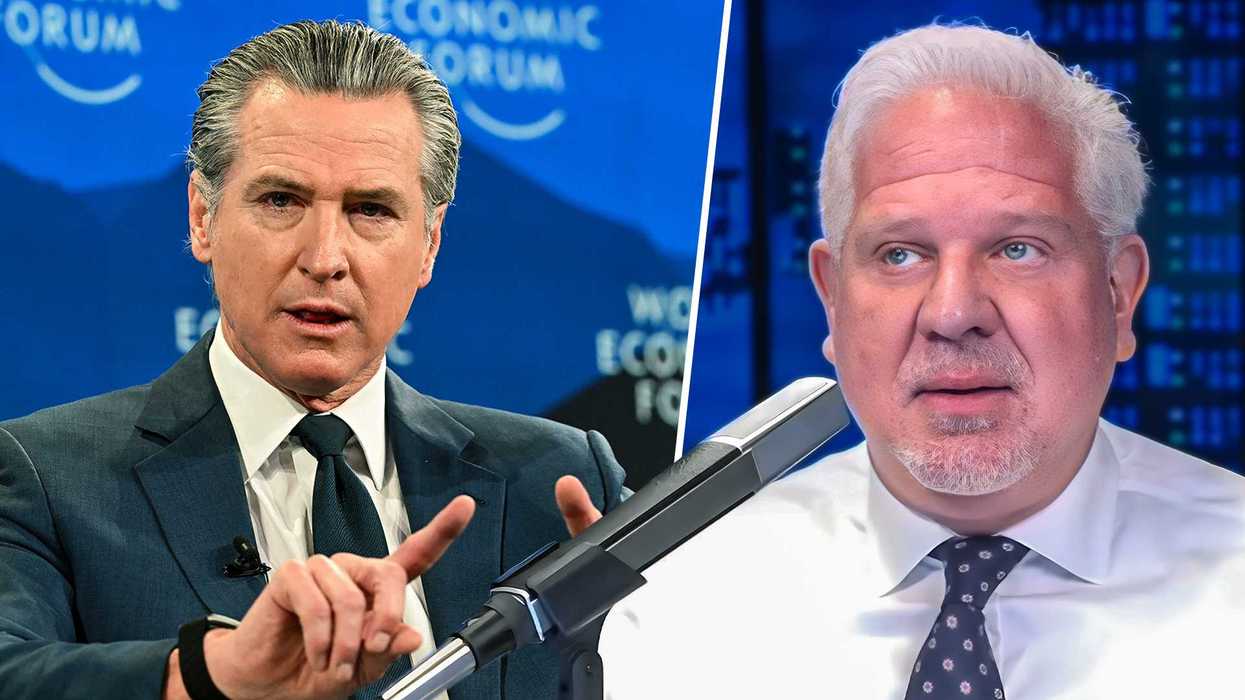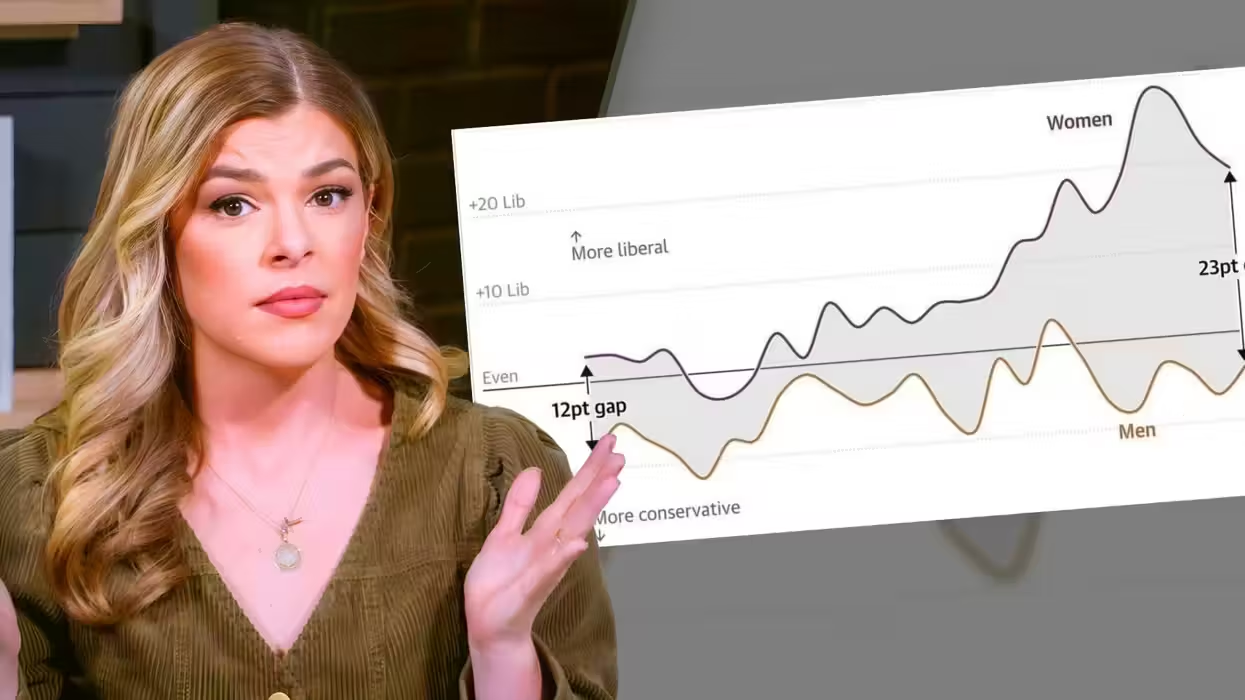A new study claims that a “Medicare for all" plan proposed last year by Sen. Bernie Sanders (I-Vt.) would cost taxpayers $32.6 trillion over a 10-year period.
When did Sanders announce this plan?
Sanders revealed the proposed legislation on Sept. 13. According to his website, this universal single-payer health care system would “fulfill the legacy of Franklin D. Roosevelt, Harry Truman, Lyndon B. Johnson and other great Democrats.”
Sanders also claimed that it would cost taxpayers $6 trillion less than the current system and would save families more than $5,800 a year and businesses $9,400 a year on health care costs.
Sanders said that this plan could be paid for by a “6.2 percent income-based health care premium paid by employers,” a “2.2 percent income-based premium paid by households,” and a progressive income tax rate that ranged from 37 percent on those earning $250,000 to 52 percent on anyone earning $10 million or more. He also proposed cutting tax deduction options for wealthy people and increasing taxes on inheritances for the wealthiest Americans.
Sanders wasn't alone on this: 16 Democratic senators, including Sens. Elizabeth Warren (Mass.) and Kamala Harris (Calif.), have signed onto the bill.
What did the study say?
In a study released Wednesday, the Mercatus Center concluded that Sanders' plan would add $32.6 trillion “to federal budget commitments during the first 10 years of its implementation.” Mercatus called this a “conservative” estimate.
The study argued that a “doubling of all currently projected federal individual and corporate income tax collections would be insufficient to finance the added federal costs of the plan.”
The Mercatus study also speculated that this plan could also cut the amount of medical services offered to patients, since the payments awarded to providers would be cut “by more than 40 percent.”
How did Sanders react to the study?
The Mercatus Center is a research center at George Mason University. Sanders has dismissed the study results because Mercatus received funding from libertarian billionaire Charles Koch, who also sits on the board of the center. Edwin Meese, a former Reagan administration official and a prominent member of the conservative movement, also sits on the board.
Sanders slammed the report in a statement, saying, "This grossly misleading and biased report is the Koch brothers response to the growing support in our country for a 'Medicare for all' program."
To back up their claims, the Mercatus Center also referred to other studies that had reached similar results.
What else?
On Monday, Sanders also tweeted out that “Even a Koch brothers-funded attempt to trash Medicare for All can't hide the truth: Medicare for All will lead to a $2 TRILLION REDUCTION in national health expenditures over 10 years.”
This tweet from Sanders also linked to an article by the socialist Jacobin magazine, which highlighted data from the study that pointed to a $2.054 trillion reduction in national health expenditures by “private employers, state Medicaid Programs, or the federal government.”
Jacobin said that Mercatus had focused on the $32.6 trillion increase in federal health expenditures in order “to trick dim reporters into splashing that number everywhere and freaking out.”
However, Americans would be spending less on health insurance costs only because this charge would be included in other taxes which they would pay that would then be reallocated by the federal government.







